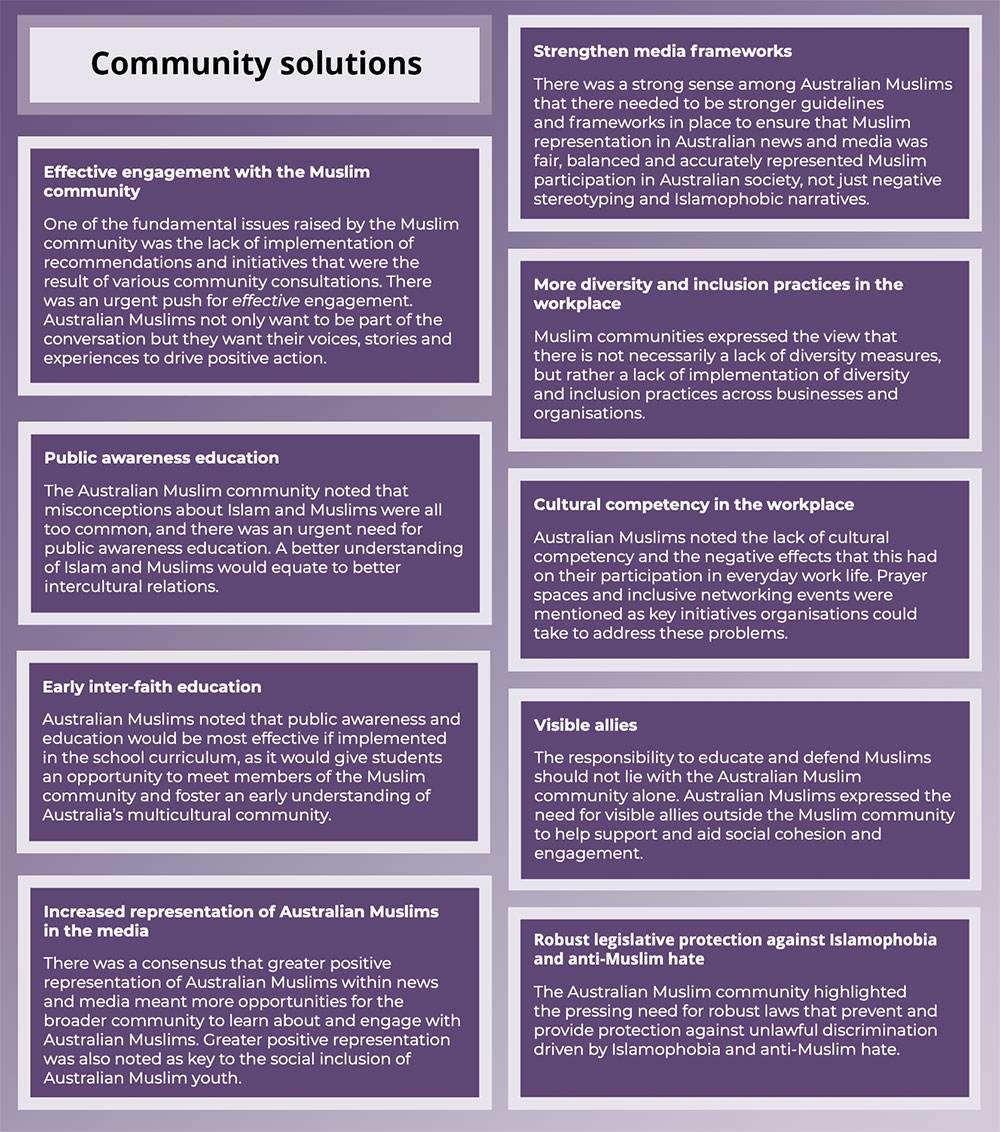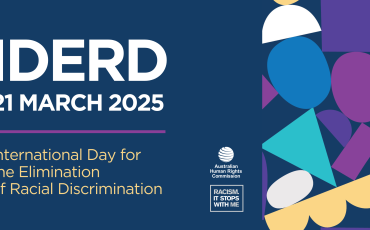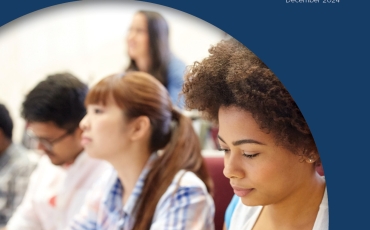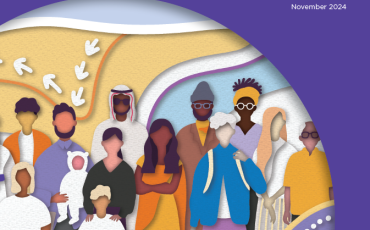Sharing the Stories of Australian Muslims (2021)
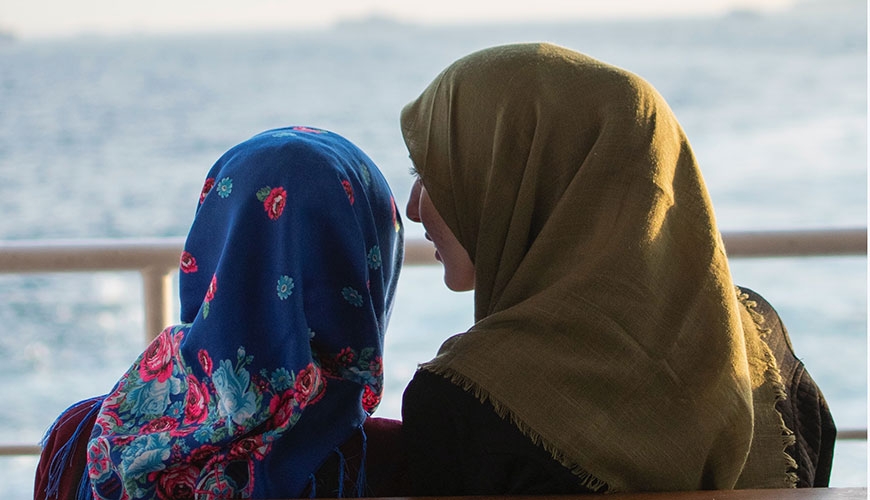
The Sharing the Stories of Australian Muslims project sought to learn about Australian Muslims’ concerns, priorities and experiences of hate, violence and negative public commentary in the wake of the tragic Christchurch mosque attack.
The project is also intended to give Australian Muslims an opportunity to share their stories of successful community initiatives, and ideas about how they can be supported to fully enjoy their human rights.
The project involved extensive consultations with Muslim communities throughout Australia. It also included an online survey, which was completed by more than 1,000 Australian Muslims in every state and territory.
Findings from the survey show Australia’s Muslim communities make significant economic, community and charitable contributions to Australian society, yet they experience widespread discrimination. One in four (23%) survey respondents said they felt unable to speak up or act when they experienced discrimination.
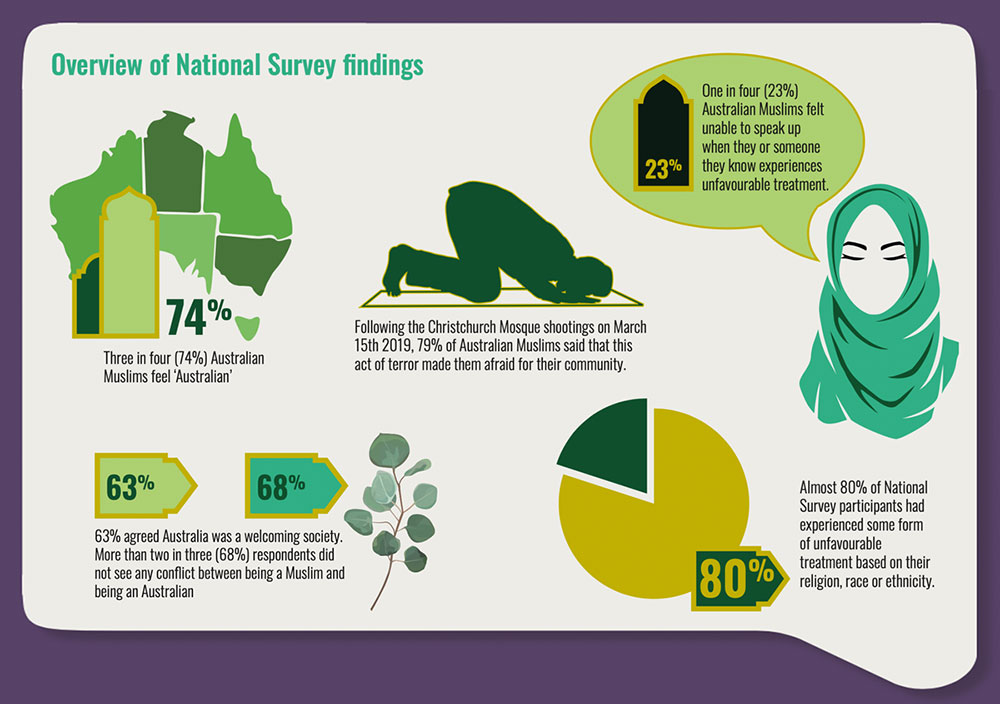
The report highlights community-identified solutions to the challenges raised in connection to each of its themes. These solutions build on the kinds of anti-racism and anti-discrimination strategies that have worked in the past for community members and articulate their vision for systemic change in the future.
Their solutions focus on centring engagement with Muslim communities, building an understanding of Islam through education and better media representation, and supporting greater inclusion through institutional changes across workplaces, wider networks of allyship and stronger legal protections.
These solutions underline the need for Australia to establish and implement a National Anti-Racism Framework to serve as a long-term, central reference point for anti-Islamophobia and social cohesion actions.
A National Anti-Racism Framework can play a significant role in Australia’s response to Islamophobia and its efforts to promote social cohesion by outlining a coordinated, shared vision to tackle racism including Islamophobia in Australia.
